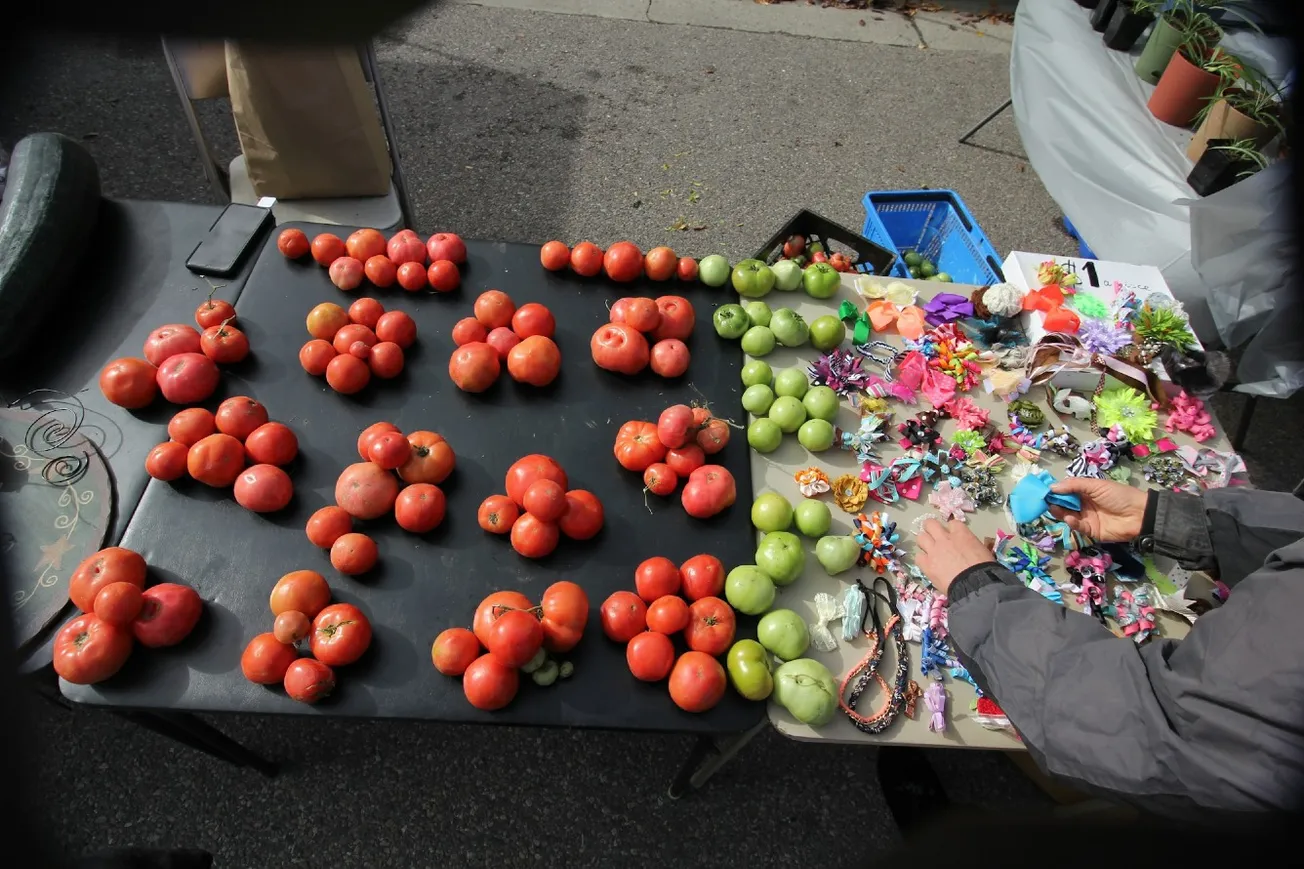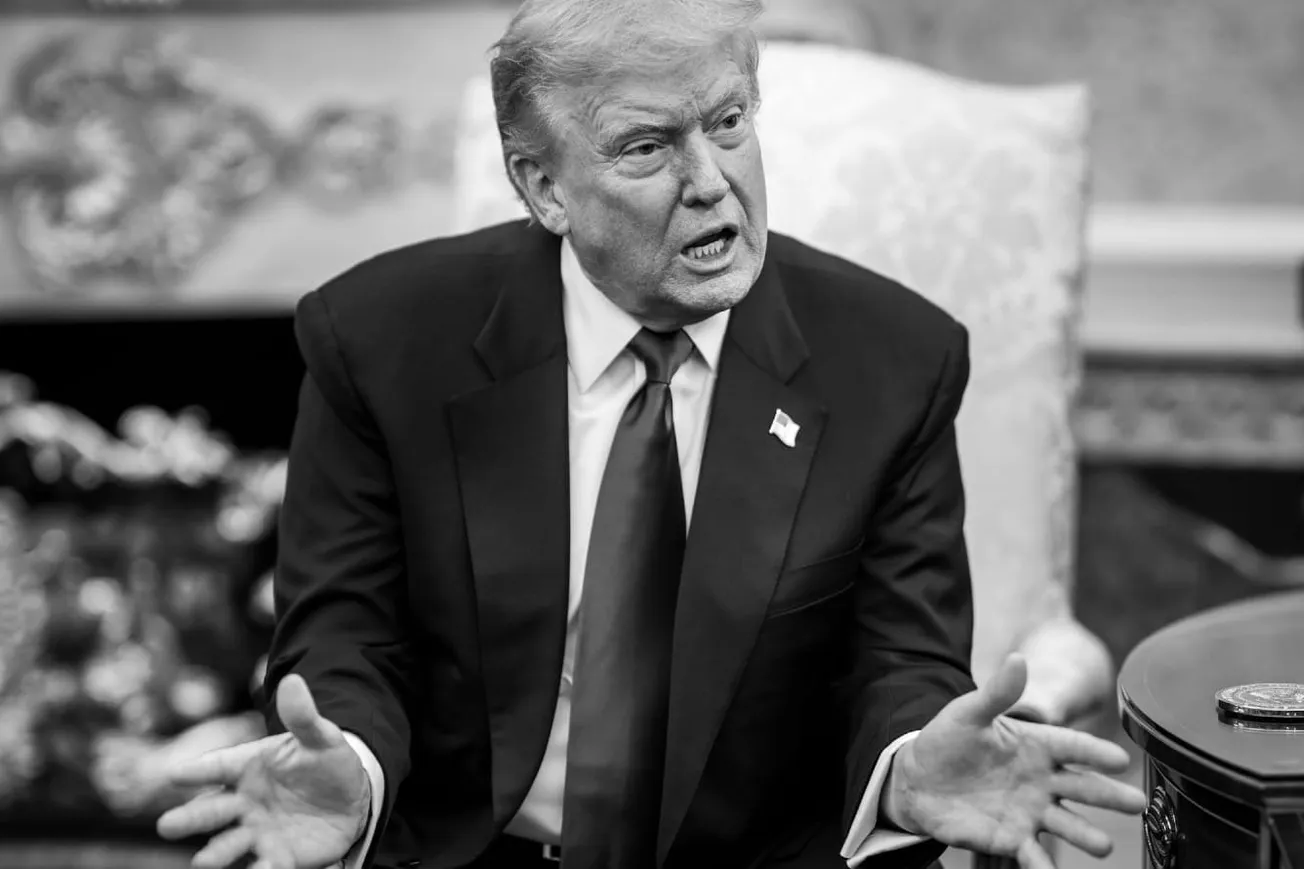By Owen Ashworth, Mises Wire | December 26, 2024
London was flooded recently with hundreds of farmers, protesting the recent changes made by the Labour government to inheritance tax. Thousands of farmers feel that their generational culture is truly at stake with the changes to inheritance tax. The Labour government claims that the changes to inheritance tax will affect very few farmers. The modus operandi of left-leaning statists is to claim that increases to any form of taxation only harms the most well off within the group it affects because they know the public need to be persuaded that it won’t affect them, only those with the broadest shoulders. These changes in inheritance tax make very little sense for many reasons so it is not difficult to understand why it caused such an uproar.
The Changes and Claims Made
The government has scoured the country for areas to gather more funds for the National Health Service and in the budget—without mentioning it in the budget statement—set their sights on farmers to provide what they can for our health service. The changes include discarding the full exemption that comes with Agricultural Property Relief (APR), combining it with Business Property Relief (BPR), but capping the relief at £1 million meaning farmers will now pay inheritance tax on all their land and all their business assets over the first £1 million.
The government is claiming that only around 500 farms would be affected—the implication reinforcing their narrative that only the wealthiest farmers are paying. However, the figure comes from the total sum of claims for APR currently without considering BPR suggesting the government concluded, wrongly or perhaps purposefully, that an APR claim was the total sum of a farm but it is hard to plead ignorance when APR is known for only applying to land and not machinery.
The government has caught itself in a thoroughly questionable position. On the one hand, they are claiming that this will affect very few people—the wealthiest farmers—claiming it will raise around £500 million, yet they are providing all the ways that the people affected can avoid most of the tax. Throughout this strange discourse, the government has not admitted whether they have taken these exemptions into account. Common sense tells us that the government will not raise anywhere near that figure so the question beckons: why are they making these changes?
The Origins of the Policy
The government has admitted that the theoretical foundation for the changes to inheritance tax come from the Centre for the Analysis of Taxation. The Centre is run by Arun Advani and Andy Summers who happen to be Wealth Tax Commissioners that push for huge increases in taxation. Recently, the think tank published a report on inheritance tax where they suggested that the cap should be set at £500,000 which, even they admit, could cause excessive fragmentation of farm land. To counteract excessive fragmentation, Advani advocates for “the state taking part-ownership of land and becoming the landlord to tenant farmers.”
When it comes to the risks associated with food security, Advani states that state subsidies should be given for “specific activities desired e.g. farming particular produce” whilst other proposals include removing inheritance tax relief for bequests to charities because it “redirects tax revenues towards the charitable preferences of a very small number of people.” The government has not announced they will be carrying out any of these proposals but they have admitted this is where they got inspiration for the changes in inheritance tax.
Why This Is Important
Defenders of the Labour Party claim that the government has not announced anything that mirrors these proposals so critics should not worry, they claim, as good statists often do, that they have merely taken the good ideas from the report instead of the insane ones. The issue arises insofar as that it’s not beyond the realm of possibility that the government is way off the mark in regards to the amount of farms that will be affected by these changes, it could end up affecting thousands of medium-sized farmers who are asset rich but cash poor.
Farmer’s wages are notoriously small compared to their assets. So, how do the farmers who get caught up paying inheritance tax come up with the money to pay the tax? They sell off bits of their land to pay for it. If the number is indeed substantially higher, does this not constitute, if not come very close to, “excessive fragmentation”? Austrians know that government intervention begets government intervention so it is not conspiratorial that the government could take on the more radical proposals in the report if they are, supposedly, shocked by huge sell offs of farmland causing fragmentation.
Worldviews Clash
The Labour Government worldview is experiencing a mental civil war. They believe that huge corporations are morally repugnant, avaricious, and out of control. It is why they spent much of the election campaign promising that any tax increases would fall solely on big business because they have been allowed to roam free by the previous Conservative Government. However, their inheritance tax changes will cause an outcome that contradicts this worldview.
Those who own truly gargantuan farms who do generate a high income will not be forced to sell any of their land since they have the money to pay the tax. The farmers caught in the middle—who make a relatively low income but have land assets in their farms—will be forced to sell part of their land and the participants in the market who will come buying will be those wealthy farmers. This is just a further centralization of the market into the hands of the truly wealthy which Labour purport to wish to prevent. To Austrians, this is an obvious outcome of this policy, yet there should be no underestimating the Labour Government’s ability to be perplexed by this outcome and desire more state intervention to correct this.
In this way, it is evident that their worldview cannot, in any sense, claim to act as a restraint on the state. If only the Labour Party could connect the dots, realize that their perplexity at the spawning of incessant issues arises—not out of the ether—but from their own actions, the cycle of self-destruction could be broken.
Some Other Arguments for the Change of Policy
A quick address to some of the justifications for this policy is warranted. Multiple professors from high-status universities have claimed that the inheritance tax exemption for farmland introduced in the 1980s caused wealthy people to purchase farmland to avoid inheritance tax, thus, farmland values skyrocketed. The land value being higher also causes higher costs for the farmers, the implication being that scrapping the exemption will help the farmers by reducing their costs. If the exemption caused land values to skyrocket by “a fourfold increase,” then why didn’t it happen until the early 2000s? Farmland values shot up in 2003, coincidentally, when the European Union started handing out subsidies based on land area. It is no wonder that farmland values spiked when this happened.
There has been a more blatantly nefarious justification for this policy from a former advisor to Tony Blair. John McTernan suggested doing to the farmers “what Margaret Thatcher did to the miners” meaning destroying the industry. McTernan added, “If people are so upset that they want to go on the streets and spread slurry then we don’t need small farmers,” and that, “It’s an industry we can do without.”
This isn’t a fringe member of the party. McTernan is still very influential within the Labour Party and used to be Tony Blair’s political secretary. It is very unlikely that it is only McTernan that holds this view, thus, we can reasonably suppose that there is a group that genuinely hate the farming industry and desire the destruction of British farming. Perhaps they only hate the smaller farms, but this just poses more questions about their motives. There is nothing more spiteful, immoral, or destructive for society than political actors who believe that because they harbor hatred for an industry, that they can destroy it using the levers of the state. These actors feel they are superior, completely unjustifiably, and can simply extinguish livelihoods because they disapprove of it.
Where will the Government go from here?
The Labour government has a humongous majority in the British parliament so they will most likely hold their ground on this policy. Unless changes are made, it should be suspected that the farming industry will continue its centralization into the hands of the truly wealthy. There will be a huge change in the composition of production with the remaining farms as the government encourages certain activities like “rewilding.” British farming will change as we know it and we will hear utter confusion from the political elites when reality bites.
Owen Ashworth is a British Political Commentator who has a great love for Economics and History. He self studies Economics and History whilst studying Cybersecurity. He also writes for his Substack, Libertarian Living in the UK.
Original article link









